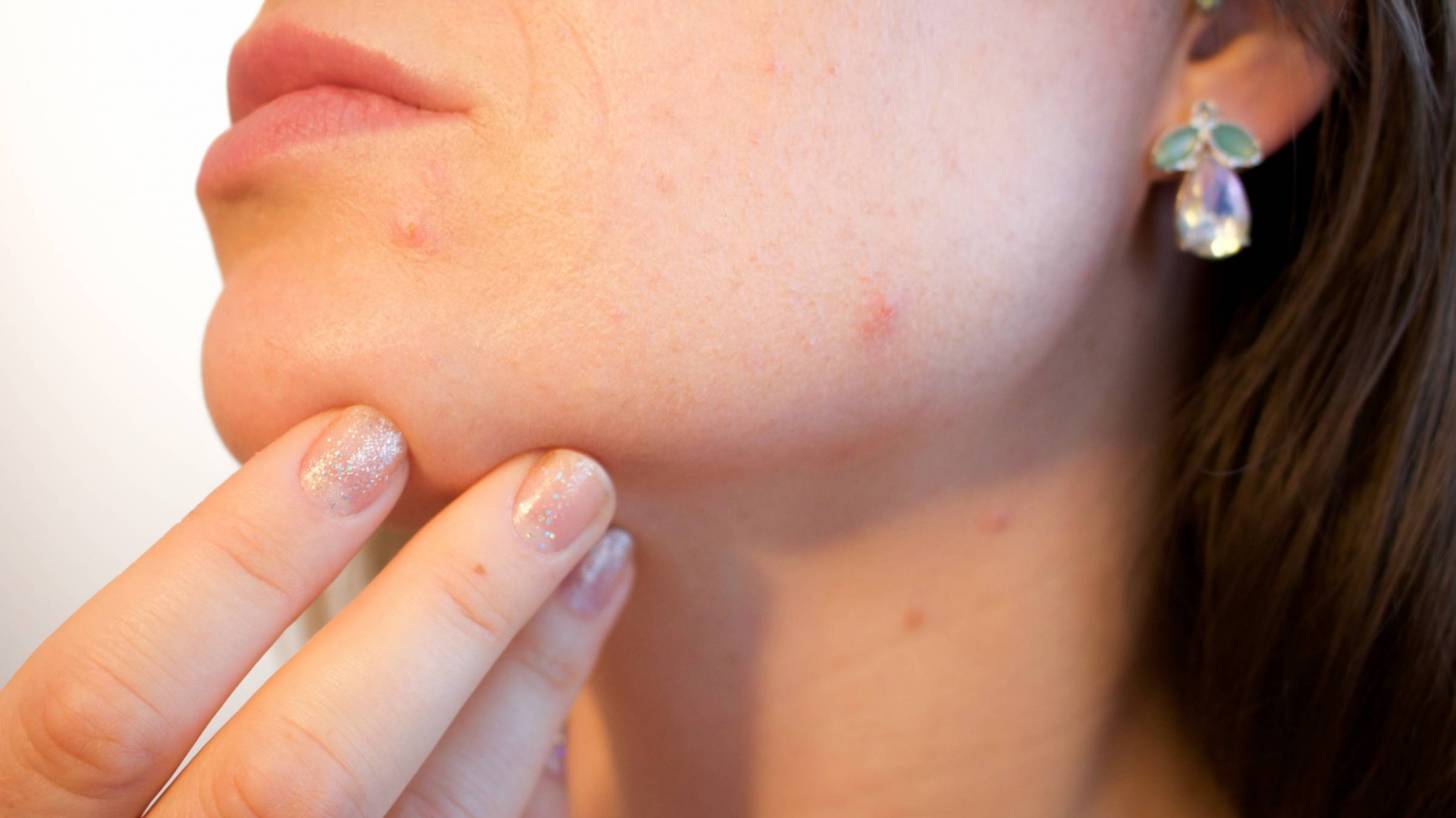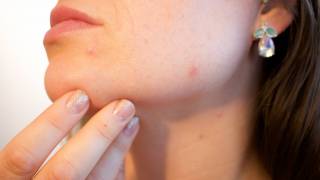Acne Vaccine Candidate 1st to Target Bacteria Already in Human Skin

A new pre-clinical study reports investigators demonstrated for the first time that antibodies to a toxin secreted from bacteria in acne vulgaris can reduce inflammation in human acne lesions.
This vaccine candidate would be the first to target bacteria already in human skin, instead of invading pathogens.
This ‘mice’ study showed that the application of monoclonal antibodies to CAMP 2 factor did indeed decrease the inflammatory response.
After first demonstrating that Christie-Atkins-Munch-Peterson (CAMP) factor, a toxin secreted from the Propionibacterium acnes (P. acnes) bacteria, can induce inflammatory responses, the investigators explored in mice and ex vivo in human skin cells whether they could inhibit inflammation by employing antibodies to neutralize this virulence factor.
Lead investigator Chun-Ming Huang, Ph.D., Department of Dermatology, University of California said in a press release, "Current treatment options are often not effective or tolerable for many of the 85 percent of adolescents and more than 40 million adults in the United States who suffer from this multi-factorial, cutaneous inflammatory condition.”
Current acne medications are often insufficient and can cause difficult-to-tolerate side effects ranging from severe skin dryness and irritation to depression, suicidal thoughts, and increased rates of birth defects.
An acne vaccination could circumvent potential adverse effects of topical or systemic retinoids and antibiotics associated with the current treatment options.
Both the significance of the findings and the need for continuing research were expressed in an accompanying commentary.
"Whether or not CAMP factor-targeted vaccines will impact multiple P. acnes subtypes and other commensals has to be determined, but acne immunotherapy presents an interesting avenue to explore nonetheless," wrote Emmanuel Contassot, Ph.D., Dermatology Department, University Hospital and Faculty of Medicine of the University of Zürich, Zürich, Switzerland.
The choice of the antigen to be targeted is critical, not only as a determinant of the efficacy of the vaccine but also to minimize possible unintended effects or cross-reactivity impairing the microbial equilibrium and skin barrier homeostasis.
Future studies will address these factors and focus on engineering a non-toxic chemical or targeted vaccine formulation for its human application.
The findings support P. acnes CAMP factor as a promising target for acne immunotherapy.
This is an important observation since CAMP factor had not been previously implicated in the pathogenesis of acne vulgaris.
The study also provided a human acne model using acne biopsies, as there is not a fully satisfactory animal model for acne studies.
Our Trust Standards: Medical Advisory Committee


